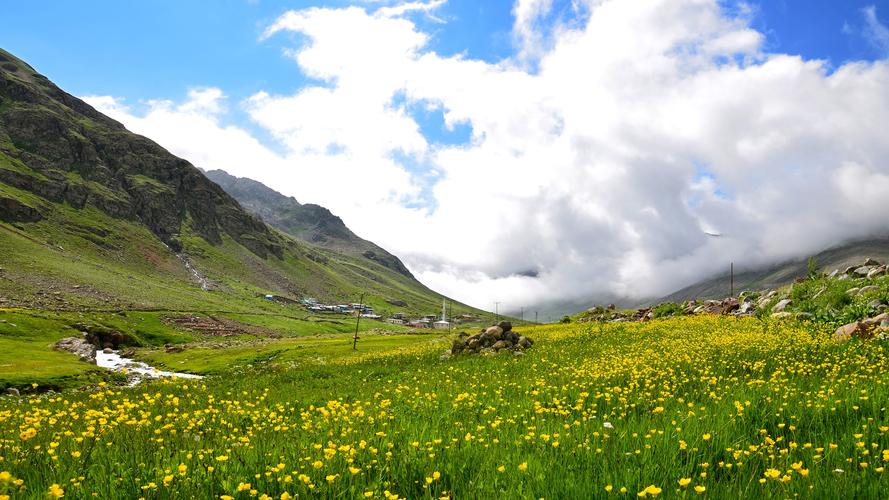Peru is a fascinating destination with a rich cultural heritage that dates back thousands of years. However, many travelers may unintentionally violate cultural norms that are deeply ingrained in the Peruvian way of life, leading to unintended consequences and missed opportunities for cultural exchange. In this guide, we will unveil some of the unspoken Peru cultural norms that every traveler should know before embarking on their journey.
1. Greetings and Social Interactions
In Peru, greetings are an important aspect of social interactions. Handshakes are common in urban areas, but in rural areas, people may greet each other with a hug or a kiss on the cheek. It is important to note that physical contact during greetings is strictly platonic, so do not mistake it as an invitation for romantic advances.
Additionally, it is essential to address people with their formal titles, such as “don” for men and “doña” for women, followed by their last name. First names should be used only after sufficient rapport has been established.
2. Respect for Elders and Authority
Peruvians hold great respect for elders and authorities such as police officers and military personnel. Disrespectful behavior towards them is considered rude and may carry legal consequences. It is customary to address elders with their formal titles, such as “abuelo” or “abuela” for grandparents, and to refer to them respectfully as “usted” (formal “you”) instead of “tú” (informal “you”).
3. Dining Etiquette
Peruvians have strict dining etiquette that travelers should be aware of. It is customary to wait for the host to invite you to sit down and begin eating only after the host is seated and has started the meal. When eating, one should take small bites, chew with the mouth closed, and avoid talking with food in the mouth. Additionally, it is polite to finish everything on the plate and to thank the host for the meal.
4. Dress Code
Peruvians place great importance on appearances, so travelers should dress appropriately when interacting with locals or visiting religious sites. Revealing clothing and beachwear should be avoided in public places. Additionally, hats and sunglasses should be removed when entering a church or religious building.
5. Tipping Etiquette
Tipping is not mandatory in Peru, but it is customary to tip at restaurants, bars, and hotels if the service is exceptional. A tip of 10% of the total bill is considered appropriate.
In conclusion, understanding Peru’s cultural norms is crucial for travelers to have a respectful and enjoyable experience in the country. By adhering to these unspoken rules, travelers can immerse themselves in the culture, forge meaningful connections with locals, and gain a deeper appreciation of Peru’s rich heritage.
(Note: Do you have knowledge or insights to share? Unlock new opportunities and expand your reach by joining our authors team. Click Registration to join us and share your expertise with our readers.)
